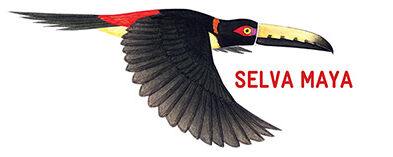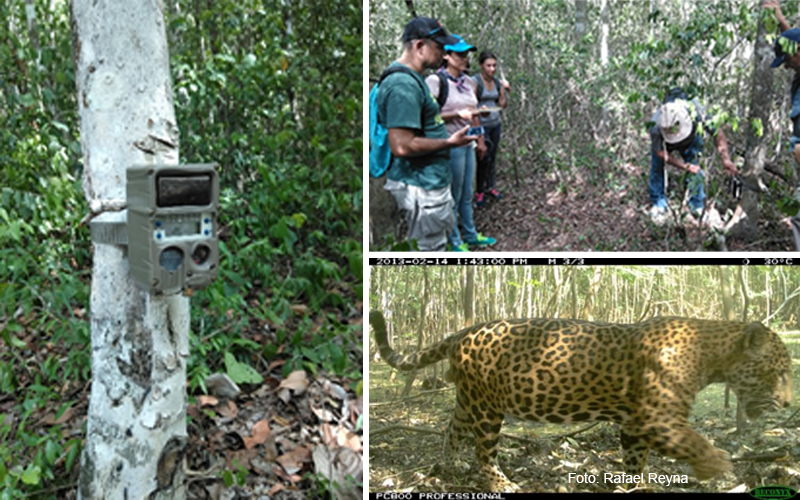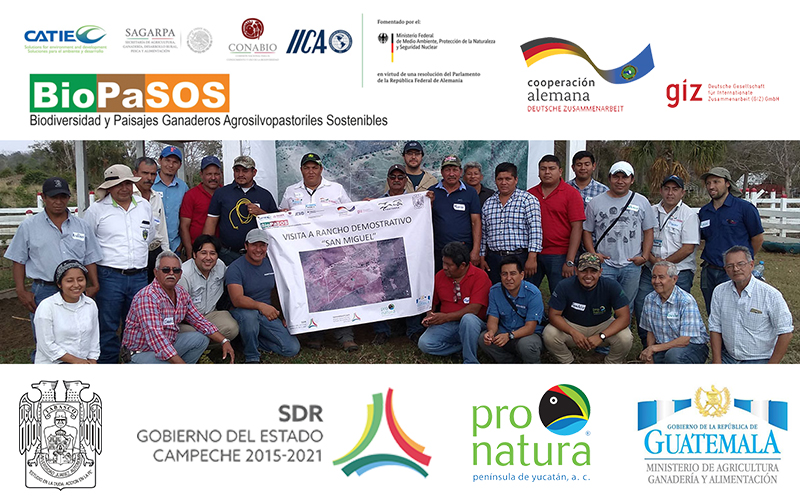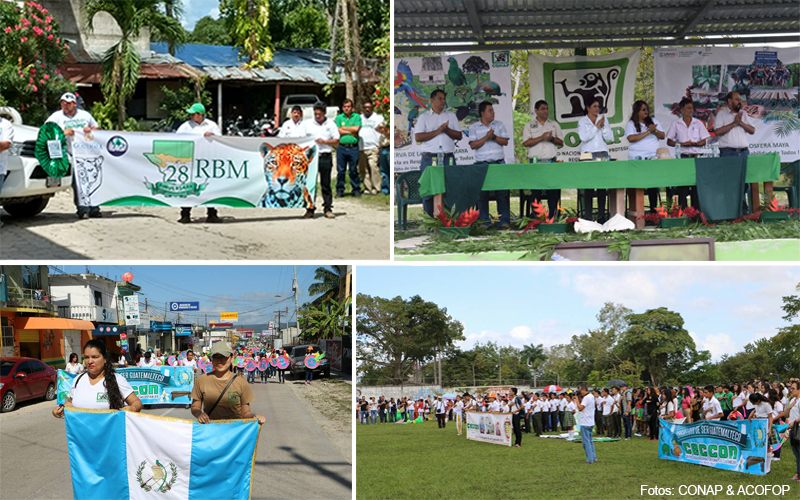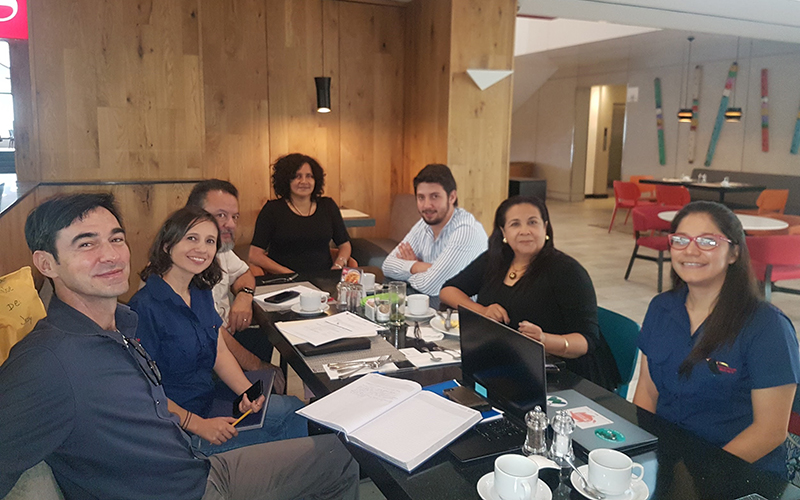Belize City, Belize. March 26th and 29th, 2019. The Ministry of Agriculture, Fisheries, Forestry, the Environment, Sustainable Development and Immigration of Belize (MAFFESDI), with the technical support of the International Union for Conservation of Nature, Regional Office for Mexico, Central America and the Caribbean (ORMACC-IUCN), developed the first national workshops as a preparatory step to define the national restoration strategy.
The MAFFESDI considers among its priorities the landscape restoration as one of the main strategies for the recovery of goods and services and a key contribution to climate change mitigation actions. The Functional Landscape Restoration (FLR) and Bonn Challenge* engagement can be perceived as a means to address, in an integrated manner, several of the environmental and development processes the country has committed itself to at a global level. In this sense the Government of Belize aspires to announce its national restoration commitment at the next Bonn Challenge meeting, to be held in Cuba in June 2019.
For the design of the landscape restoration strategy and to determine the national pledge based on technical information, the Belize Government considers that it is important to benefit from IUCN’s experience in the design and implementation of the Restoration Opportunities Assessment Methodology (ROAM). The government has also identified the opportunity to work in synergy with existing opportunities of several regional ongoing projects working on conservation and restoration processes in order to join efforts and develop the ROAM in Belize.
In this sense, IUCN was requested to support this initiative through the Selva Maya Natural Resources Protection Project, financed by the German Development Bank (KfW, as per German acronym), commissioned by the Federal Ministry of Economic Cooperation and Development of Germany (BMZ, as per German acronym), and implemented by IUCN and coordinated and executed by the agencies responsible for the protected areas involved: the Forestry Department within the MAFFESDI, in Belize.
The ROAM, a tool developed by IUCN and the World Resources Institute (WRI), provides a flexible and affordable framework for countries to rapidly identify and analyze areas that are primed for functional or forest landscape restoration (FLR) and to identify specific priority areas at a national or sub-national level, all these defined in a participatory way through the restoration national round table and the gender steering committee. With the implementation of the ROAM, the country is engaging in a concerted process, bringing different sectors together to share information and knowledge in favour of the promotion of FLR. The multidisciplinary approach towards FLR is not only present in the understanding of the drivers of deforestation and degradation, but also within the joint identification of solutions.
Mr. Marcelo Windsor, Deputy Chief Forest Officer of Belize Forest Department, introduced the ROAM at the gender workshop highlighting government’s commitment on the sustainable objectives and the agreements to be made at the international level such as the Bonn Challenge to restore degraded landscape and support communities’ livelihoods. “The inputs received from participants will empower them in the restoration process at national level” said Mr. Windsor. This workshop was the first step to integrate gender approach and the inputs received will be integrated throughout the restoration process.
Mr. Wilber Sabido, Chief Forest Officer of the Forest Department, opened the national restoration workshop held with the participation of stakeholders from agricultural sector (as Mennonites and sugar cane industry), private sector, indigenous and other stakeholders from government institutions and non-governmental organizations. Mr. Sabido pointed out the commitment of the government to work with stakeholders to take advantage of Belize’s opportunities for restoring degraded and deforested areas. He said “we have opportunities to keep ecosystem services and avoid degradation and deforestation before our forest disappears or degrades as the FD predicted, meanwhile restoration must be carried out. It is a long process, but we have the willingness to complete it”. He also added “We cannot act inside us, as Forest Department, we have to take into account the stakeholders of different sectors to empower people in this process”.
It is essential to base the process on the point of view of people who use, manage and conserve natural resources and to ensure the representativeness of gender perspective along the landscape restoration process. During these two events, women and men expressed their point of view, they analysed the drivers of deforestation and degradation as well as the impacts on their livelihoods, and they defined a common vision and priority ecosystem services. The next step will be the development of the opportunity restoration map based on the inputs provided to define the Bonn Challenge pledge and to define the restoration actions to be carried out in Belize.
* The Bonn Challenge is a global effort to restore 150 million hectares of the world’s degraded and deforested lands by 2020 and 350 million hectares by 2030. It is overseen by the Global Partnership on Forest Landscape Restoration, with the International Union for Conservation of Nature as its Secretariat.
